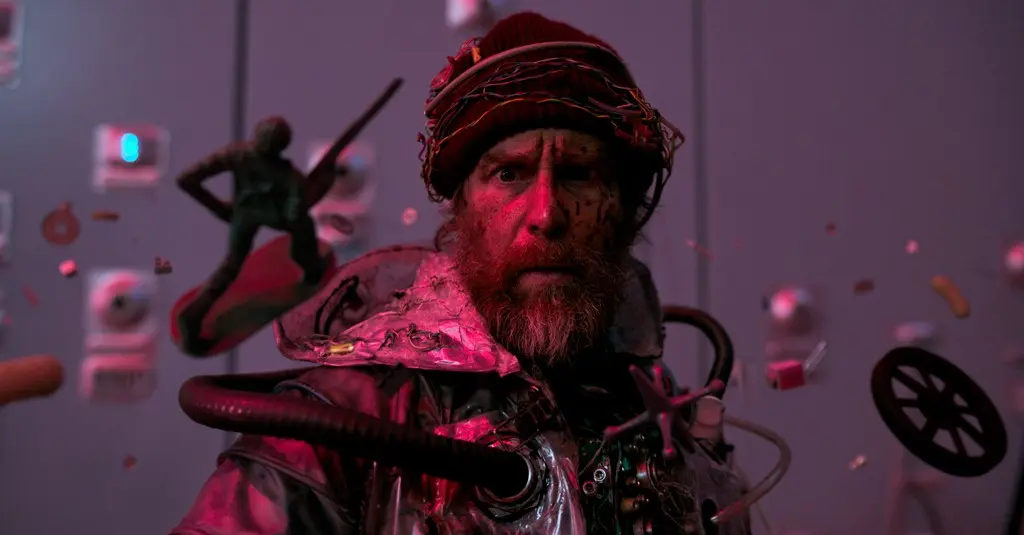Less than a minute after the start of the hotly anticipated “My Son Hunter,” director Robert Davi and screenwriter Brian Godawa include an 11-word text scroll (with tongue firmly in cheek) that both downsizes and heightens the expectations of what we’re about to see:
“This is not a true story … except for all the facts.”
By doing this, the filmmakers somewhat defuse what is sure to be an onslaught of negative reactions from the mainstream media, its minions, and the dozen or so people who still think Joe Biden is the greatest thing since sliced bread.




